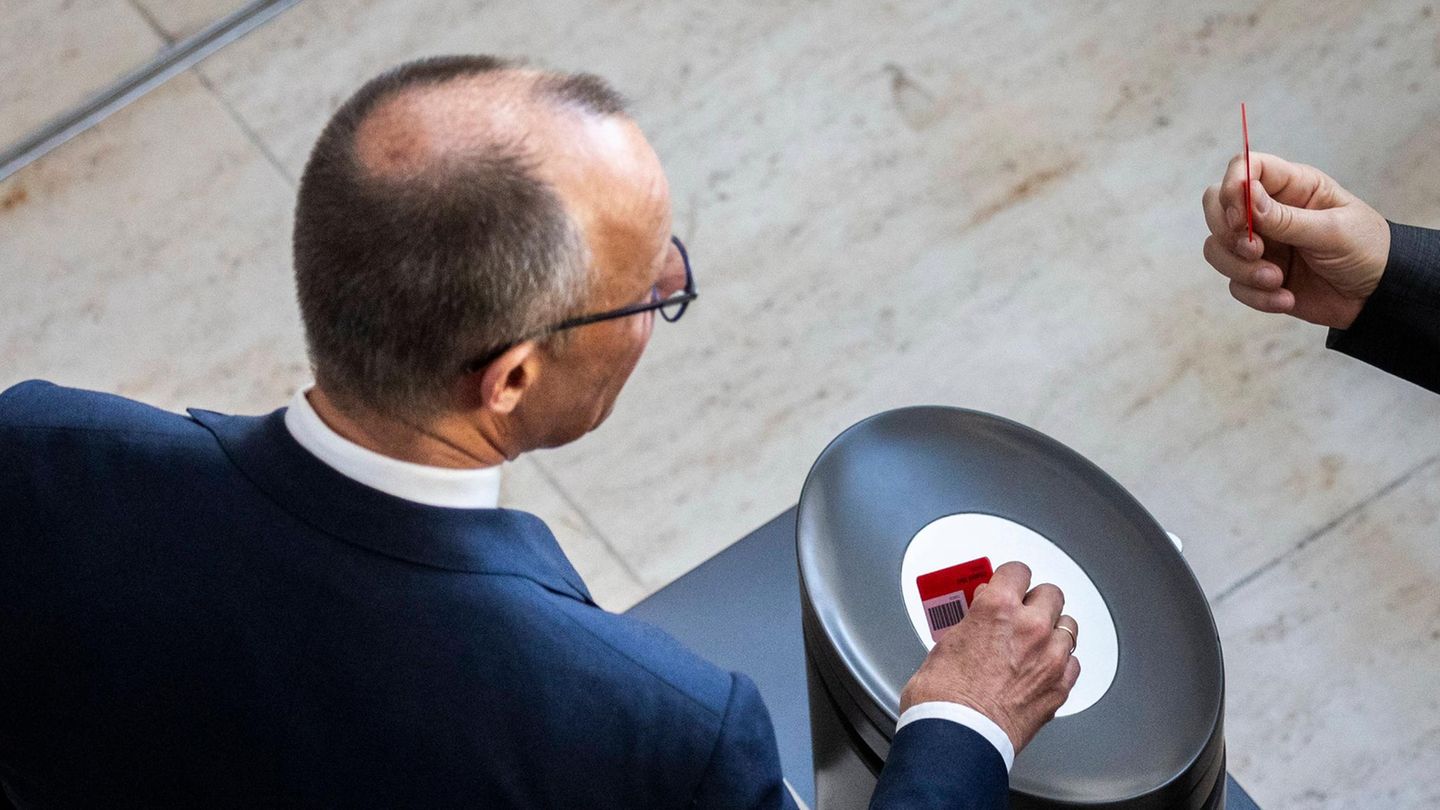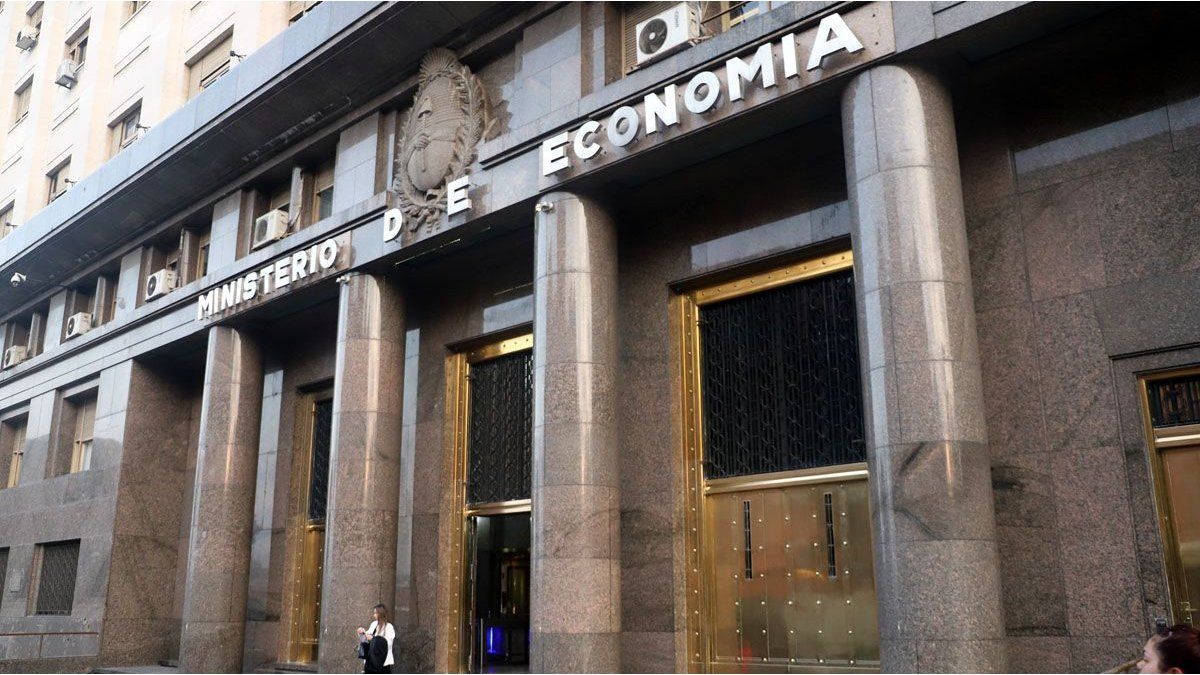Historical vote
What exactly did the Bundestag have changed in the Basic Law?
Copy the current link
Add to the memorial list
The Bundestag had to change the Basic Law to negotiate its debt package. But what exactly is new? What will become of the debt brake? And what jumps out for the countries?
It was heated debates, hard negotiations and finally a historical vote: The “old” Bundestag agreed to the Union and SPD debt plans in its last session. Hundreds of billions should flow – especially in the defense and infrastructure of the country, including 100 billion euros for climate protection. That would not have been possible without changing the Basic Law. But what exactly should change now? An overview:
Why does the Basic Law have to be changed for the special fund?
The basic problem is the “debt brake”, which was decided in 2009, the strong restriction of new debt from the federal and state governments. The Basic Law states: “In principle, income and expenditure must be compensated for without income from loans.” In detail: the countries are not allowed to accept new debts at all. So far, this is permitted to the federal government, but only in a very limited frame of 0.35 percent of the gross domestic product (GDP).
In other words, the planned expenses that are to be financed through debts would not be possible. Therefore, it had to be changed in these parts with the help of the two-thirds majority of the Bundestag. The debt brake is not abolished, but opportunities were created to avoid it.
What is the “one percent limit” in terms of defense?
One of the most important projects in the Bundestag: the defense is to be made brisk again. After the Russian attack on Ukraine, a so -called “special fund” was already provided for the Bundeswehr of 100 billion euros. Now the financing of defense spending is to be regulated differently: expenditure for defense, civil and population protection as well as for the intelligence services should avoid the debt brake from a certain amount.
Expenditures up to one percent of GDP must be made from the household. If investments exceed the threshold of one percent of GDP, they may be financed through debts. Large defense spending are therefore no longer bound to the federal budget. This is probably the most important change that the Bundestag has decided.
What do the expenses for “infrastructure” mean?
This is not exactly formulated. One thing is certain: The Bundestag has decided to include a special fund of 500 billion euros in the Basic Law for “additional investments” in the infrastructure and to achieve climate neutrality by 2045. A fifth of this are omitted on the so-called “climate and transformation funds”.
Article 143h was added to the Basic Law for the regulations. The possibility of taking debts for the purposes described initially applies to the next twelve years. However, the description “for additional investments” is crucial here, such as the “”. Means: Ten percent of the planned expenses must be financed from the household, the rest can be covered by debts.
What effects do the changes to the federal states have?
So far, the federal states have not been allowed to accept any debt at all due to the debt brake. This regulation is now loosened. In the future, the framework that has previously been valid for the federal government applies to you: you can take out loans of 0.35 percent of the nominal gross domestic product.
Source: Stern
I have been working in the news industry for over 6 years, first as a reporter and now as an editor. I have covered politics extensively, and my work has appeared in major newspapers and online news outlets around the world. In addition to my writing, I also contribute regularly to 24 Hours World.




